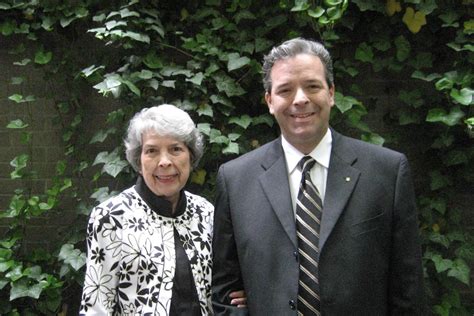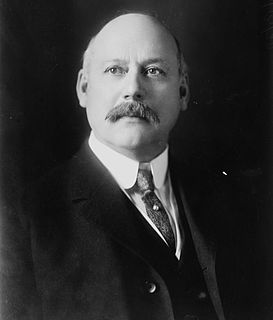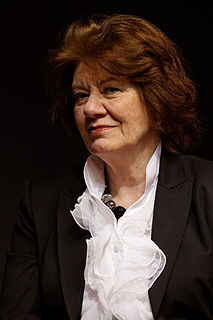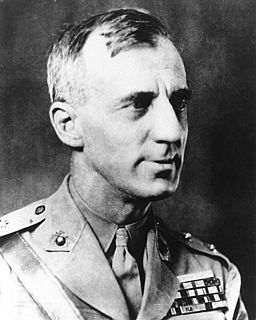A Quote by Anita Shreve
WWI is a romantic war, in all senses of the word. An entire generation of men and women left the comforts of Edwardian life to travel bravely, and sometimes even jauntily, to almost certain death. At the very least, any story or novel about WWI is about innocence shattered in the face of experience.
Related Quotes
It is important to remember when making jokes about women, that they are not a minority. They weren't captured on another continent and brought here in leg-irons (funny shoes, yes, but not leg-irons) and Hitler didn't blame them for Germany's loss in WWI. Therefore, you can make any kind of fun of them you want.
Some people spend their entire lives thinking about one particular famous person. They pick one person who's famous, and they dwell on him or her. They devote almost their entire consciousness to thinking about this person they've never even met, or maybe met once. If you ask any famous person about the kind of mail they get, you'll find that almost every one of them has at least one person who's obsessed with them and writes constantly. It feels so strange to think that someone is spending their whole time thinking about you.
When the war (WWI) finally ended it was necessary for both sides to maintain, indeed even to inflate, the myth of sacrifice so that the whole affair would not be seen for what it was: a meaningless waste of millions of lives. Logically, if the flower of youth had been cut down in Flanders, the survivors were not the flower: the dead were superior to the traumatized living. In this way, the virtual destruction of a generation further increased the distance between the old and the young, between the official and the unofficial.
For as long as men and women have talked about war, they have talked about it in terms of right and wrong. And for almost as long, some among them have derided such talk, called it a charade, insisted that war lies beyond (or beneath) moral judgment. War is a world apart, where life itself is at stake, where human nature is reduced to its elemental forms, where self-interest and necessity prevail. Here men and women do what they must to save themselves and their communities, and morality and law have no place. Inter arma silent leges: in time of war the law is silent.






































